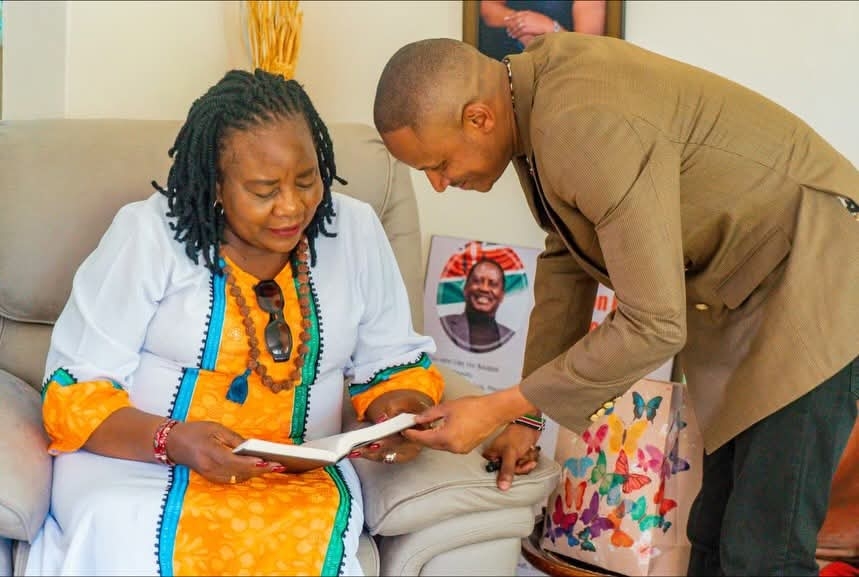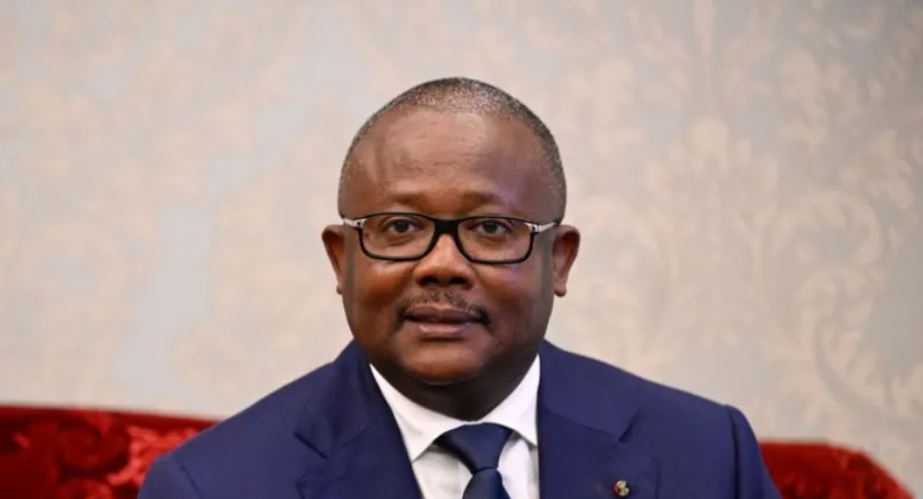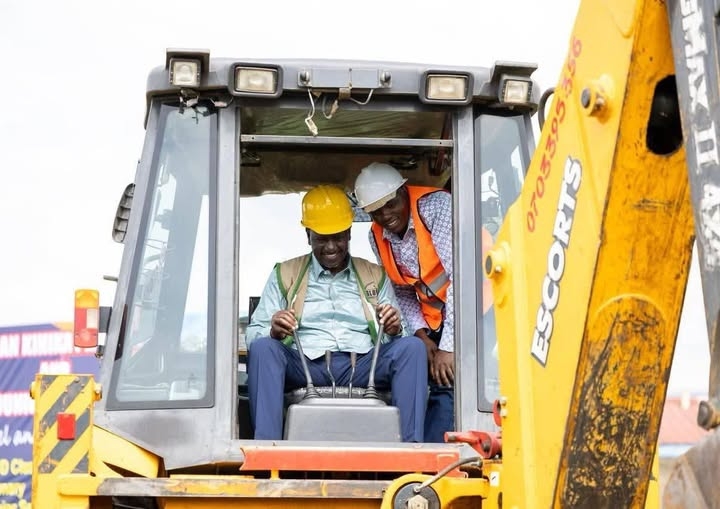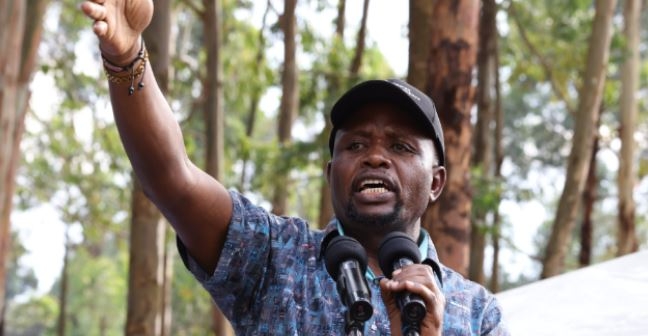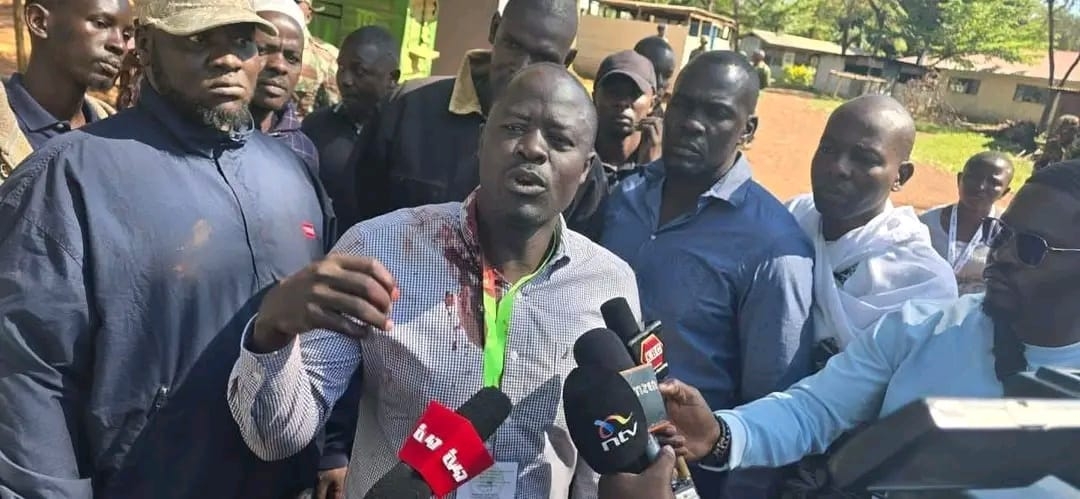Former Chinese premier Li Keqiang has died at 68, state media has reported.
He was the second most powerful man in the ruling Chinese Communist Party until he retired last year.
State media said he had been "resting" in Shanghai when he suffered a sudden heart attack on Thursday.
He passed away ten minutes past midnight on Friday despite "all-out efforts" to revive him, state broadcaster CCTV said.
Li rose through the party ranks despite not having any power base, and at one point was even pegged for the top role of president.
A trained economist, he was initially given the reins of China's economy, but analysts said he became increasing sidelined towards the end of his career as Chinese President Xi Jinping gathered power around himself.
In his final term, he became the only incumbent top official who didn't belong to President Xi's loyalists group.
Li was seen to be aligned to former leader Hu Jintao, who was taken off stage at last year's Party Congress on Mr Xi's orders.
As he was being led away, he tapped Li Keqiang on the shoulder in a friendly gesture and the premier nodded back.
Li's death is being widely mourned online, with one person on Chinese social media saying it was like losing "a pillar of our home".
The elite Peking University-educated leader was known for being pragmatic in economic policies, with policies that focused on reducing the wealth gap and providing affordable housing.
Li will be remembered for his strong economic track record but the end of his time in office was mired in China's zero-Covid crisis.
During the worst of it, he said the economy was under massive pressure and called on officials to be mindful of not letting restrictions smash growth. He even appeared unmasked in public before China lifted its zero-Covid policy.
But, when cadres had to choose between his order to protect the economy and Mr Xi's to maintain zero-Covid with extreme discipline, it was no contest.
"He was a very enthusiastic open man who really strove to get China ahead and facilitated open dialogue with people from all walks of life," Bert Hofman, a professor at the National University of Singapore told the BBC's Newsday programme.





